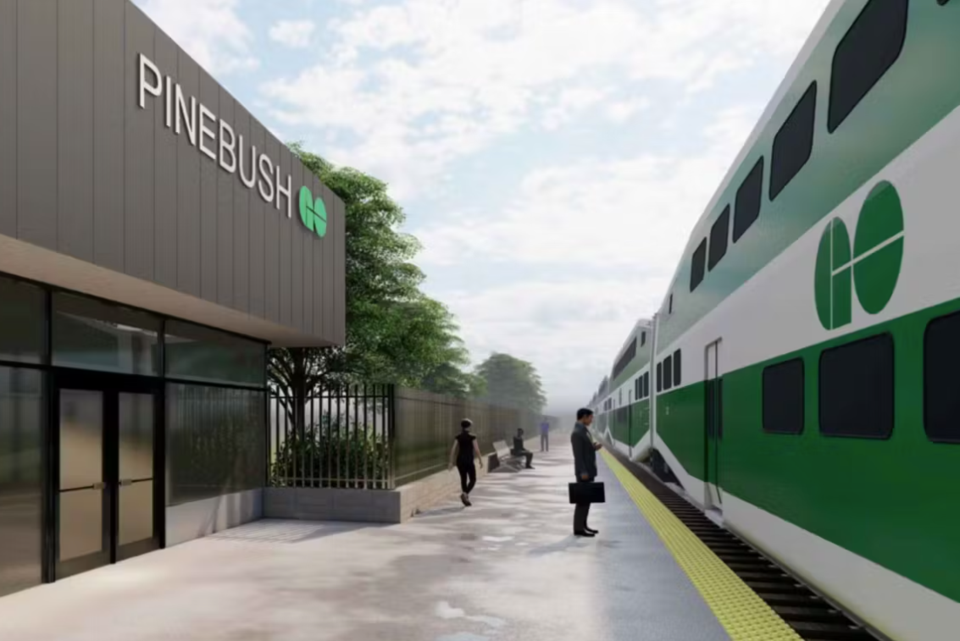Regional councillors will be asked to endorse the first step in a multi-year plan to bring GO rail passenger service to Cambridge next week.
Transportation services staff is recommending council green light its initial business case and concept study for the project that would see a GO train take passengers from a new station on Pinebush Road to Guelph Central Station to board trains to Union Station in Toronto.
The two-way all-day passenger service would have an estimated travel time between Cambridge and Guelph of 14 to 17 minutes and 87 minutes between Cambridge and Union Station.
Ridership forecasts estimate more than 500,000 annual trips on the Cambridge to Guelph rail service by 2041.
Once council endorses the findings of the initial business case, the report would be sent to area municipal partners to create "a unified voice to support the project," says a report in next week's sustainability, infrastructure, and development committee agenda.
The request would then be forwarded to Metrolinx with a request to include the project in the Regional Transit Plan. Metrolinx would be expected to undertake further design and engineering to develop a preliminary design business case.
Ongoing talks with CN Rail are also required to establish a strategy to use the Fergus Subdivision Line, a partially decommissioned rail line that travels from Pinebush Road under Highway 401 through Hespeler.
The region estimates the proposal could take between four and six years to reach the construction stage according to the latest timeline.
In the meantime, the region wants Metrolinx to provide GO bus service between Cambridge and Guelph to meet current needs.
Projected costs range between $396 million and $505 million in 2023 dollars depending on the frequency of trains.
Operating and maintenance costs range between $149 million and $273 million in 2023 dollars.
Projected fare revenue ranges between $106 million and $132 million.
The initial business case says the service could increase the region's economic potential to the tune of between $600 million to $760 million.
Other factors favouring the move are reduced congestion on local roads and highways, reduced travel times for commuters and reduced carbon emissions.
